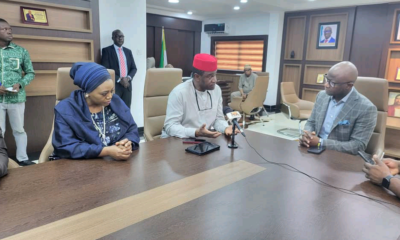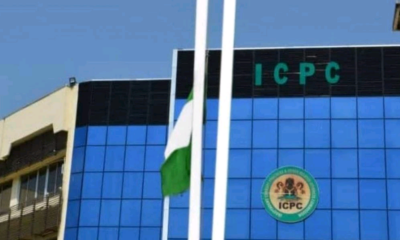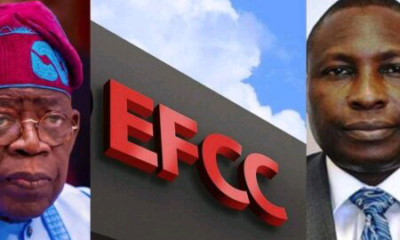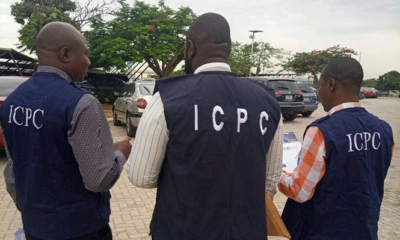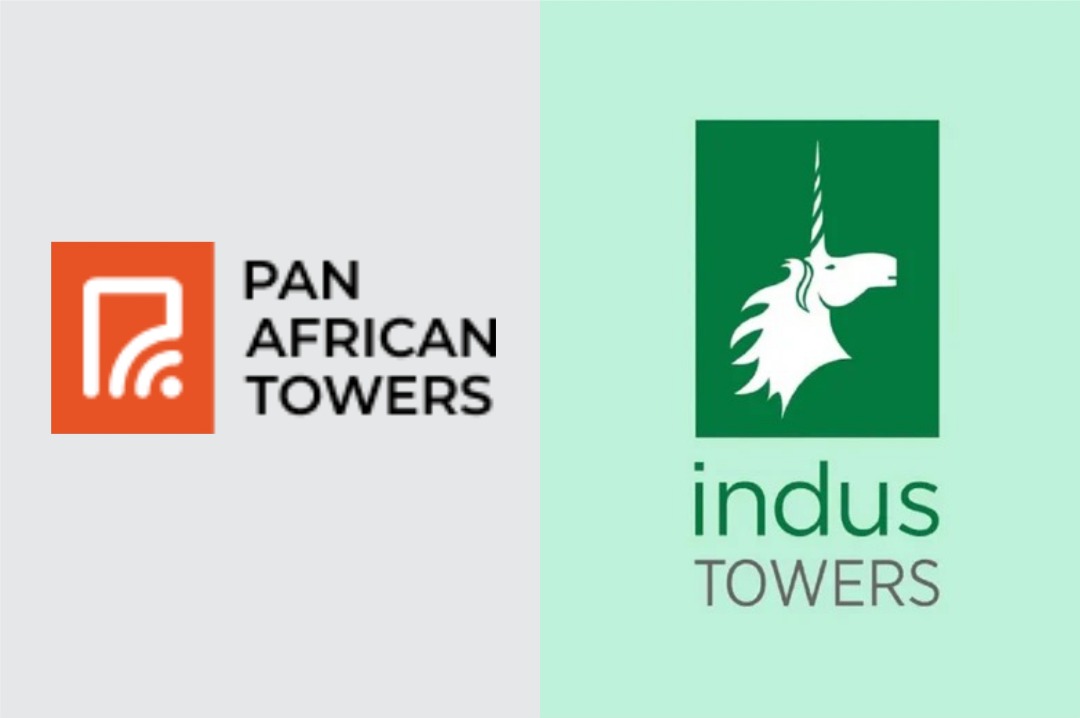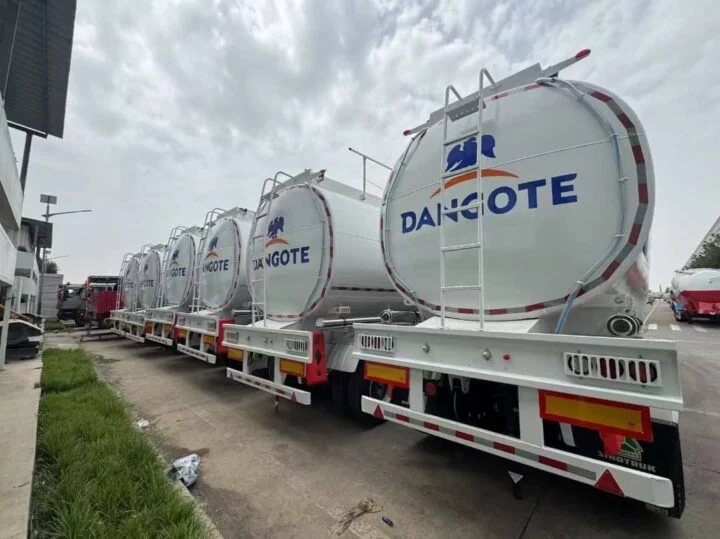Every December in Nigeria is a whole mood. The harmattan breeze and the Christmas themed red and white decorations all over the cities and towns; the cousins returning from the UK, US and Europe with “I just came back” stamped on their accents — and of course, the unmissable lineup of street carnivals, concerts, plays, and festivals that keep Lagos, Abuja, Warri and Port Harcourt buzzing deep into the New Year. Since its launch, FirstBank’s “DecemberIssaVybe” (DIAV) campaign has stood at the centre of this cultural energy, giving Nigerians more than just access to premium entertainment — it’s been about creating awesome shared moments, uniting families, and giving the creative industry the big boost it deserves.
For almost a decade, DIAV has quietly shaped the last few months of the year especially December as the season of vibe, through its First@arts initiative, and if you’ve ever danced shoulder-to-shoulder with thousands at a FirstBank-sponsored event, you’ll know exactly what that means.
2018: When the Vybe Began
December 2018 felt different. Nigerians were beginning to embrace “Detty December” as a tradition, and FirstBank cleverly caught the wave. The bank rolled out DecemberIssaVybe with free and discounted tickets to mega concerts and stage plays, pulling crowds that wanted premium vibes without premium stress. Wizkid, Davido, Burna Boy were headlining the big music festivals, while stage productions like “Moremi the Musical” got a new audience thanks to FirstBank’s push.
For the over 130-year-old FirstBank, “DecemberIssaVybe is a way of giving back during the festive season. It’s not just about music or theatre; it’s about connecting people, supporting the creative industry, and ensuring families make memories together.
Families who hadn’t been to the theatre in years found themselves seated side by side at Terra Kulture, watching Nigerian history come alive on stage. And for diaspora kids back home with “I just came back” energy? DIAV became their shortcut into Nigeria’s hottest events.
2019: The Year of Mega Concerts
By 2019, the Vybe was unstoppable. DecemberIssaVybe became synonymous with front-row seats at Davido’s “A Good Time” concerts, Kizz Daniel’s explosive Lagos show, and of course, the unforgettable Wizkid Starboy Fest. But it wasn’t just music. DIAV sponsored families into “Mad About You”, a romantic stage play that had couples rediscovering love, and rolled out tickets to AY Live Comedy Show, proving that December isn’t just about music — it’s about laughter too. By year’s end, DIAV had cemented itself as a December passport.
2020: The Pandemic Pause
2020 was strange for everyone. COVID-19 clipped the wings of live entertainment. But even then, FirstBank didn’t fold its arms. DIAV adapted by sponsoring virtual concerts and livestreamed plays, ensuring families could still bond over art and entertainment from the safety of their homes. It wasn’t the usual sweaty concert hall, but for many, DecemberIssaVybe campaign was proof that even in tough times, music and theatre are powerful connectors.
2021: The Big Comeback
With restrictions easing, Nigerians were desperate for a proper December. DIAV answered in full colour. Imagine a December where Adekunle Gold (AG Baby) sang his heart out at sold-out shows, Simi serenaded lovers, and Fireboy lit up the stage with “Peru” before it became an international anthem.
Families returned to KAKADU the Musical, friends reunited at comedy festivals, and for diasporans who hadn’t been home since 2019, the Vybe was a welcome mat rolled out in sound and laughter.
2022: The Golden Year
By 2022, DIAV wasn’t just an add-on to December, it was the main dish. That year, Asake’s breakout concerts shook Lagos, Burna Boy’s Love, Damini show was an electric storm, and the theatre scene — from The King Must Dance Naked to Awo The Musical — had DIAV stamping tickets for culture lovers.
2023: A Night of Queens
DecemberIssaVybe 2023 brought something fresh to the table with “A Night of Queens”, an all-female musical showcase at Eko Convention Centre. It was a dazzling lineup: Tiwa Savage, Simi, Teni, Yemi Alade, Waje, Niniola and Dope Ceaser all shared the stage in one unforgettable night of music.
FirstBank also sponsored the revival of Kakadu the Musical at MUSON Centre — a play that blends highlife, Afrobeat, soul and pop with the turbulent history of 1960s Nigeria. Meanwhile, families trooped out for Ali Baba’s January 1st concert and Basketmouth Unprovoked, while diaspora returnees shared DIAV tickets proudly on Instagram.
2024: From Comedy to Culture
Last December opened with a bang: Kenny Blaq’s Reckless Musicomedy Festival at Onikan Stadium. The crowd roared as Kenny Blaq, DJ Neptune, Aproko, MC Monica, and OvyGodwin delivered a high-energy mix of music and stand-up.
At the same time, FirstBank sponsored Motherland the Musical, Street Souk at Harbour Point, A True Christmas Story, and family-friendly events like Eko Hotel Pride Land Adventures and the Calabar Carnival Festival.
Reflecting on the season, Olayinka Ijabiyi, Acting Group Head, Marketing and Corporate Communications said: “FirstBank is facilitating memorable homecoming and unforgettable experiences in December with family reunions, concerts and festivals. DecemberIssaVybe isn’t just about entertainment — it’s about the cultural glue for Nigerians everywhere.
Across the years, DIAV has done more than hand out tickets. It has fuelled the creative economy by investing in theatre, comedy, and music. Families and friends have been reunited, turning concerts into bonding sessions. Given the diaspora a homecoming anchor, it has blended the “I just came back” energy with Nigerian hospitality.
In a country where December is both the busiest and most joyful month, DIAV has positioned FirstBank not just as a financial giant, but as a lifestyle brand that understands culture.
2025: The Vybe Is Loading
Now here we are, on the cusp of another December. Whispers are already flying: who will headline the 2025 DecemberIssaVybe experience? Will it be another electrifying Davido Timeless Experience? Will Asake shut down Lagos again? Will Burna Boy, Rema, Tems, or Ayra Starr bring home the global magic? Or will DIAV surprise everyone with a mix of music legends and fresh new voices?
What’s certain is that FirstBank will once again hold the keys to the hottest tickets in town — concerts, fashion, culture, musicals, plays, comedy shows — all to be rolled out on their social media handles, where lucky fans can get premium access.
So, whether you are keeping it real in Naija or you are planning to visit, DecemberIssaVybe 2025 is coming, and FirstBank is about to make it unforgettable.
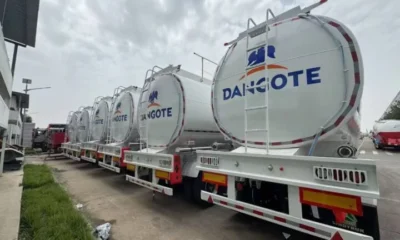
 BIG STORY4 days ago
BIG STORY4 days ago
 BIG STORY13 hours ago
BIG STORY13 hours ago
 BIG STORY4 days ago
BIG STORY4 days ago
 BIG STORY3 days ago
BIG STORY3 days ago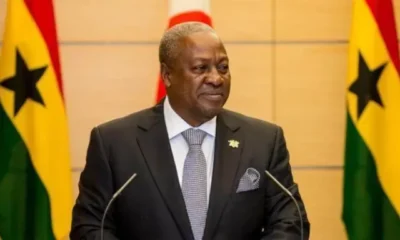
 BIG STORY4 days ago
BIG STORY4 days ago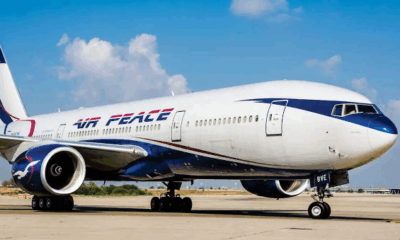
 BIG STORY4 days ago
BIG STORY4 days ago
 BIG STORY4 days ago
BIG STORY4 days ago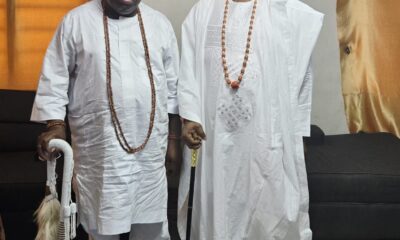
 BIG STORY3 days ago
BIG STORY3 days ago











